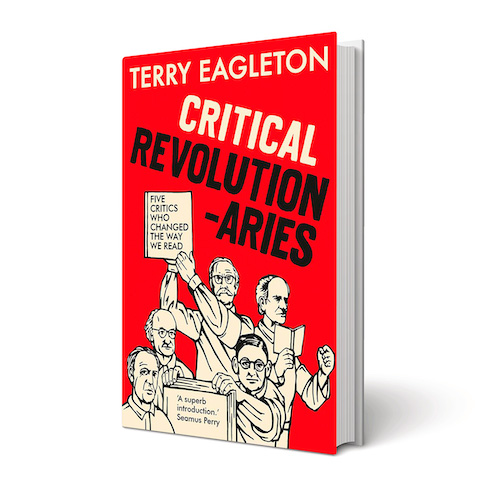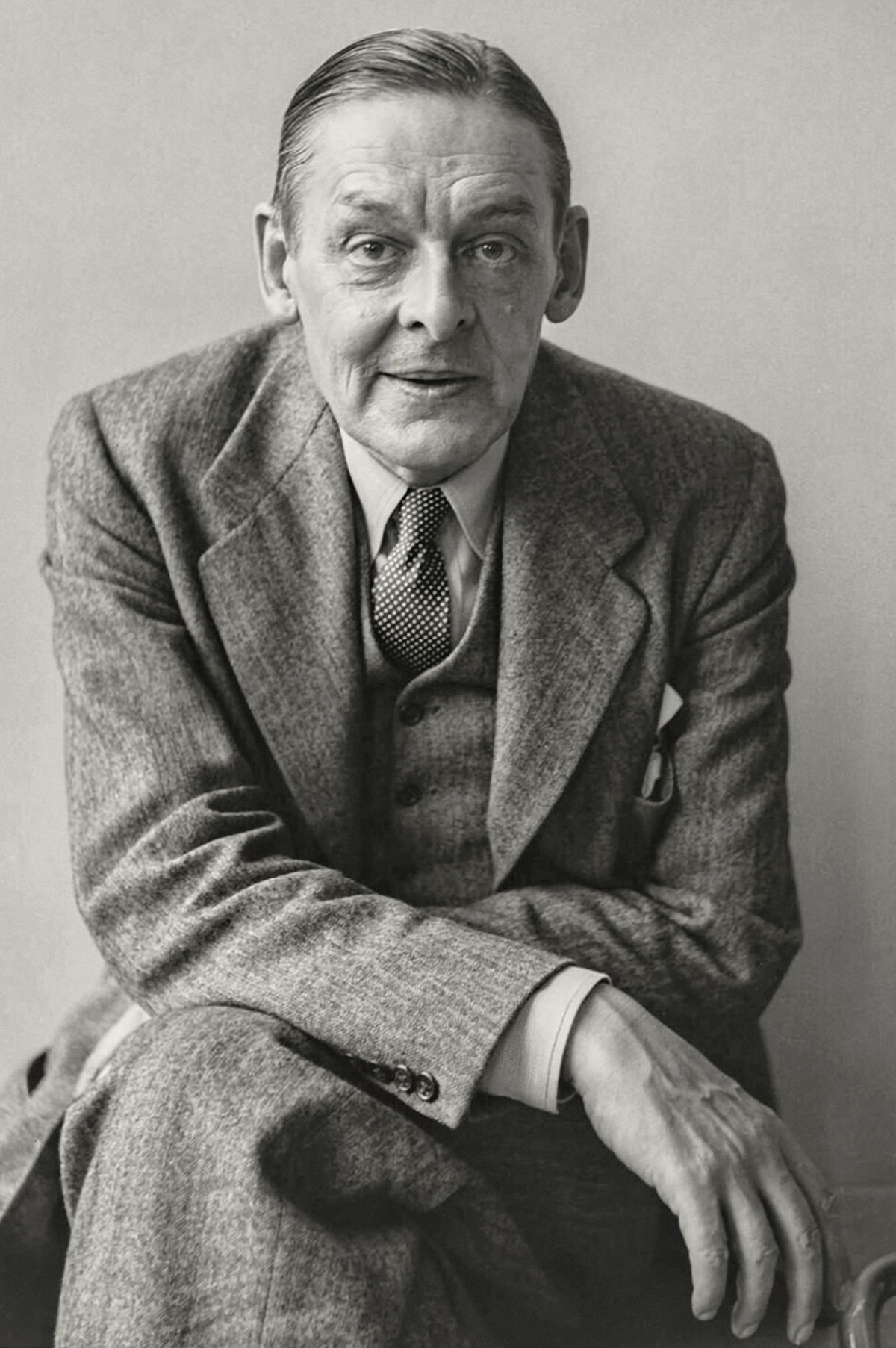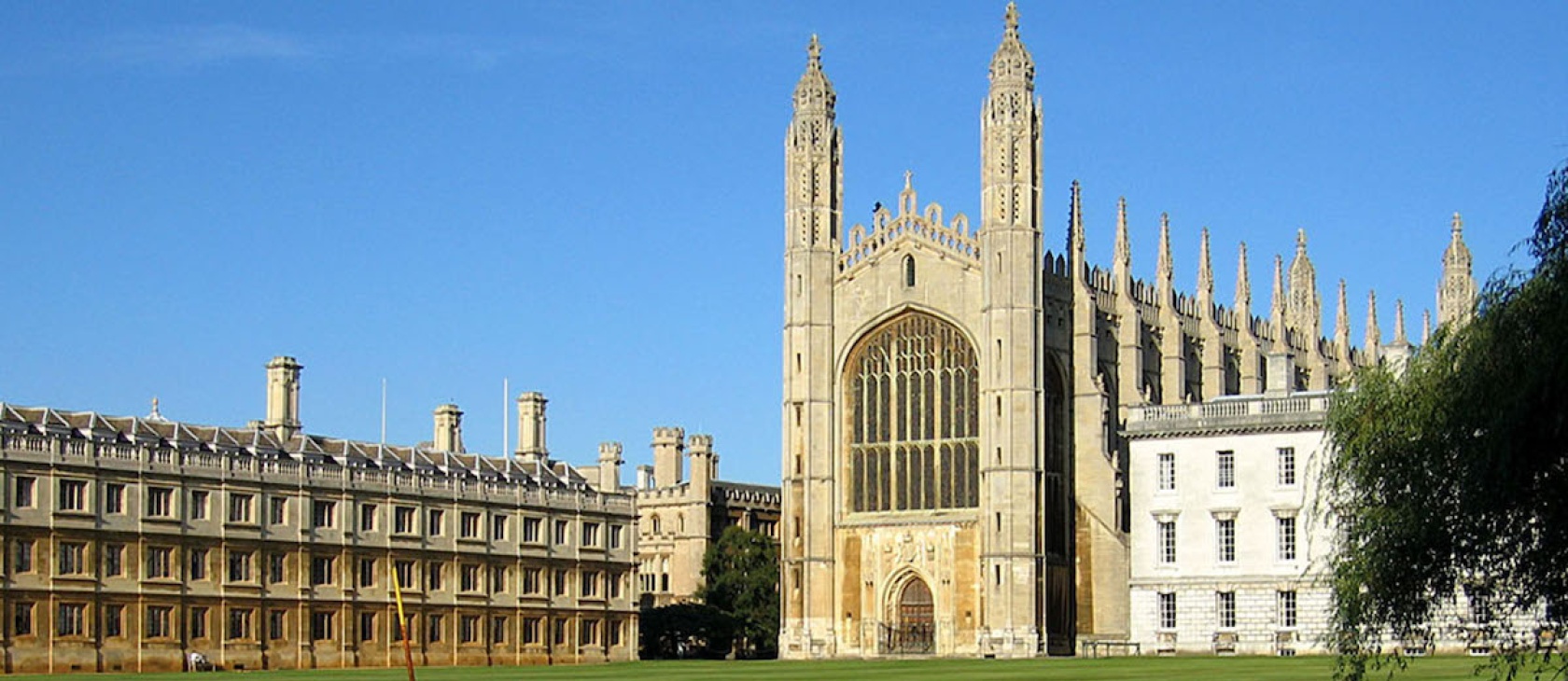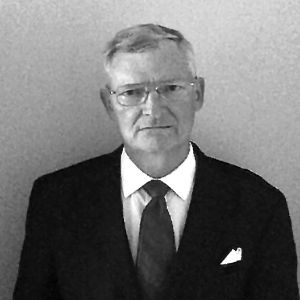The title of this review may well seem unduly snide; regrettably, it is the most precise description of the account of critical history on offer in this book. From his earliest publications until now, Terry Eagleton has sought to shape a version of Marxist critical discourse thoroughly purged of such disagreeable features of actual Marxist regimes as the imposition of “social realism,” the intimidation of brilliant artists (Shostakovich, for instance), show trials, the gulag, five-year plans resulting in mass starvation, the totalitarian oppression of entire populations, and so on. Instead, Eagleton offers niche political and cultural products tailored to the tastes of a clientele invited to ignore Stalin and Mao, while feeling superior to T.S. Eliot: “For most moderately enlightened readers today, Eliot’s social views range from the objectionable to the obnoxious.” It is difficult not to concede a grudging admiration to the Marxist intellectuals who have brought the trick off; no one has ever taken seriously a distinction between “vulgar” fascism or Nazism and a more sophisticated genial brand.
A Marxist critic sets out to reintroduce readers to five men who radically changed the way we approach literature. The result is both more conservative and confusing than radical.

By Terry Eagleton
(Yale University Press, 2022)
This feature of Eagleton’s work would be merely annoying if it did not thoroughly distort his vision of literature and literary criticism and undermine his thesis that the five very diverse figures dealt with in this book brought off a critical revolution that “changed the way we read.” For Eagleton is a learned and engaging writer who clearly cares about literature and wishes to preserve the reputation and influence of men who helped him understand and value it; but his commitment to Marxist revolution, even if it “is not of the kind which leaves the streets running with blood,” is destructive of every cultural institution, such as literature, that is not subservient to the ideological goals of the revolutionaries. There is no way to reconcile the existence of works of literature (or any art) possessed of their own intrinsic integrity of meaning and form with a political program that subjects everything to its immediate goals.
Eagleton expounds the work of five critics: T.S. Eliot, I.A. Richards, William Empson, F.R. Leavis, and Raymond Williams. Except for Eliot, all of them taught at Cambridge, where Eagleton was a student, with Williams as his tutor. The argument for Eliot’s importance at Cambridge is not persuasive, but he could hardly be left out of any discussion of the “critical revolution” of the 20th century: By any measure, he was the most important influence on modernist literature in the English-speaking world. In any case, Eagleton’s purpose is surprisingly conservative for a Marxist revolutionary. “The underlying conviction of this book,” he writes, “is that a vital tradition of literary criticism is in danger of being neglected.” The five critics he discusses are, he continues, “among the most original and influential of modern times.” Eagleton does not say so in so many words, but he seems to be worried lest these five critics, who obviously were important to his own understanding of the meaning and purpose of literature, be forgotten, if not “cancelled” outright, as dead white males encumbered with the wrong kind of political baggage. I suspect that the designation “revolutionary,” which fits only Raymond Williams well and is especially odd applied to Eliot and Leavis, is a tactical move to establish the continued relevance of problematic critics from the misty bygone days of the early 20th century.
There is no way to reconcile the existence of works of literature possessed of their own intrinsic integrity of meaning and form with a political program that subjects everything to its immediate goals.
ELIOT AND ARISTOTLE
The most important piece of criticism produced among the five critics is Eliot’s 1919 essay “Tradition and the Individual Talent,” which is essentially compatible with the Poetics of Aristotle and, therefore, a work not of revolution but rather reaction or restoration. In insisting that “the progress of an artist is a continual self-sacrifice, a continual extinction of personality,” Eliot repudiates Romanticism’s placement of the artist’s self-expression at the center of poetry and, indeed, of all the arts. Like Aristotle, Eliot is more interested in the work of art created by the poet and in the way the experience of the work can engage the reader than in the poet’s personal feelings or intentions regarding the work. Similarly, Aristotle does not concern himself with Homer’s political views or Sophocles’ sexual inclinations. He devotes most of the Poetics to discussions of the formal elements of tragedy (plot, characterization, style, etc.) and the effect on the audience: catharsis, or purgation of the emotions of pity and fear. Eliot argues along the same lines in maintaining that the “significant emotion … has its life in the poem and not in the history of the poet. The emotion of art is impersonal. And the poet cannot reach this impersonality without surrendering himself wholly to the work to be done.”

I.A. RICHARDS
The stark assertiveness of the essay in brusquely rejecting the vague, genteel appreciations that had become the dominant mode of literary discussion in the preceding decades undoubtedly seemed shockingly radical at the time. In the context of the history of literary criticism, however, going back to classical antiquity, “Tradition and the Individual Talent” is hardly revolutionary. I.A. Richards, on the other hand, despite the superficial resemblances of his critical practice to Eliot’s, presents truly radical ideas about literature. In his no-nonsense professional approach to literature, with its adherence to the close reading of particular poetic texts and dismissal of the poet’s biography, Richards sounds like Eliot. “The age of the dilettante was drawing to a close,” Eagleton remarks. Ironically, Eagleton fails to note that Richards himself turned into a dilettante: “[Richards],” Eagleton remarks, “was a pioneer of so-called practical criticism … but he was also a literary theorist, psychologist, philosopher of language, aesthetician, educationalist, cultural commentator and second-rate poet.” He also had very little interest in literature as such. “It is important to see that Richards’s notion of art is a non-cognitive one,” Eagleton says. “It is not the function of poetry to yield us any kind of knowledge. It is more of a form of therapy than a mode of understanding.” A thoroughgoing materialist, Richards regarded a poem as a pattern of “pseudo-statements” that if well shaped would organize the reader’s emotional impulses into a more stable and psychologically healthy state. According to this theory, a sufficient advance in psychotropic pharmacology could make literature obsolete. Unsurprisingly, Richards eventually moved away from literary criticism altogether.
WILLIAM EMPSON
William Empson is revolutionary only insofar as he opposes, in a largely personal fashion, conventional morality in general and Christian belief in particular. His substantive contribution to literary criticism consists of numerous eccentric interpretations of familiar works of English literature based on extremely close attention to the most minute details of the text. Sometimes he is quite brilliant; more often he is merely perverse. Eagleton wants him to be a hero of the left but has difficulty bringing it off. “This son of the English squirearchy,” Eagleton notes, moved to the political left out of disgust with the “ostentatiously privileged” Winchester College. He reports, however, that Empson “explicitly and unfashionably endorses the so-called Whig theory of history, which sees English history as a steady expansion of liberty, prosperity and enlightenment.” Worse still is this regretful observation: “As with Eliot and Leavis, though in a less doctrinaire manner, there is a wistful sense of history having lapsed from a more sound condition in the past.” Empson was neither a theorist of a radical new understanding of literature, nor even a reliable leftist, despite an admiration for the Chinese communist revolution.
F.R. LEAVIS
Perhaps Eagleton’s most difficult case is F.R. Leavis, who, like Eliot, was largely interested in reestablishing the great tradition of literature while rearranging the hierarchy of reputation and influence. Like Eliot, he insisted that a work of literature is less a vehicle of the author’s self-expression than a verbal structure offering the reader insight into moral reality. Finally, he also resembles Eliot in still having a following among men who are actually interested in his work as such, rather than merely as a means of advancing an academic career by editing and promoting it. Despite Eagleton’s efforts to find leftist tendencies in Leavis’ criticism, current devotees of that criticism are almost all social conservatives of traditionalist predilections. Leavis was dismayed, however, by Eliot’s conversion to Anglo-Catholicism and subsequently became more critical of him. For Leavis, morality was defined as whatever enhanced “Life,” which he found exemplified in the novels of D.H. Lawrence. It is unnecessary to explain why this judgment is dubious for Christians like Eliot; Eagleton points out that it is also problematic today for “a good many students” who only know “that he was a racist, sexist, elitist, misogynistic, homophobic, anti-Semitic believer in ‘blood hierarchies.’” These attitudes suggest the populism of a Little Englander rather than anything revolutionary by Marxist standards.
RAYMOND WILLIAMS
Raymond Williams, both as Eagleton’s tutor and as a fellow Marxist, is clearly the critic whose views are most compatible with Eagleton’s own “revolutionary” approach to literature. Even so, Eagleton is not altogether satisfied with his early mentor: On the one hand, Williams’ book Culture and Society “is altogether too indulgent to the reactionary viewpoint of most of the authors it considers (e.g., Burke, Newman, Arnold, Ruskin, Lawrence, Eliot)”; on the other, Eagleton chides Williams for a lack of literary discrimination, as when a subsequent book, The Country and the City, “quotes some verse by the minor nineteenth-century writer James Thomson without mentioning the most obvious about it, namely how atrocious it is.” Eagleton proceeds to point out that “Williams grew steadily more hostile to literary evaluation, which he associated with the conventional criticism he wanted to abandon.” But Eagleton will observe with evident admiration that Williams is “a critic, sociologist, novelist, cultural theorist and political commentator,” and that he devised the new field of “cultural studies” to encompass the various aspects of his project. Like I.A. Richards, the “revolution” in criticism Williams achieved amounted essentially to abandoning literary criticism. If the former was, finally, more interested in psychology, the latter gravitated into what really amounts (as Eagleton admits) to a “sociology of literature.” Williams heralded what has come to be a major force in current literary study, which is not about literature as such but rather about “‘writing’ (not simply the recent historical invention known as literature) … studied as a material, historical practice.”
A FAILED REVOLUTION
Terry Eagleton is thus writing at cross purposes with himself. By far the most important figure in his book, T.S. Eliot was himself a conservative Christian who sought to overthrow the most revolutionary aspects of the Romantic movement, and he remains important to his intellectual and spiritual descendants as a man who helped recover the great tradition of Christian civilization. F.R. Leavis was, in his own way, a conservative and continues to appeal to some contemporary conservatives. William Empson was an eccentric individualist who fits in no one’s political or critical program and is today little heeded outside of academe. I.A. Richards and Raymond Williams, by diminishing the integrity and importance of literature as such, pointed the way to the “woke” revolution currently in progress. While Romanticism placed the emphasis on the genius and vision of the creative artist, the current regime considers only the political, sexual, and racial bona fides of artists of every kind. It threatens to erase altogether the unique artistic achievement of Western civilization. Eagleton, I suspect, realizes this and fears it; hence his incoherent effort to convince us that these five men are the true and abiding “critical revolutionaries.”




